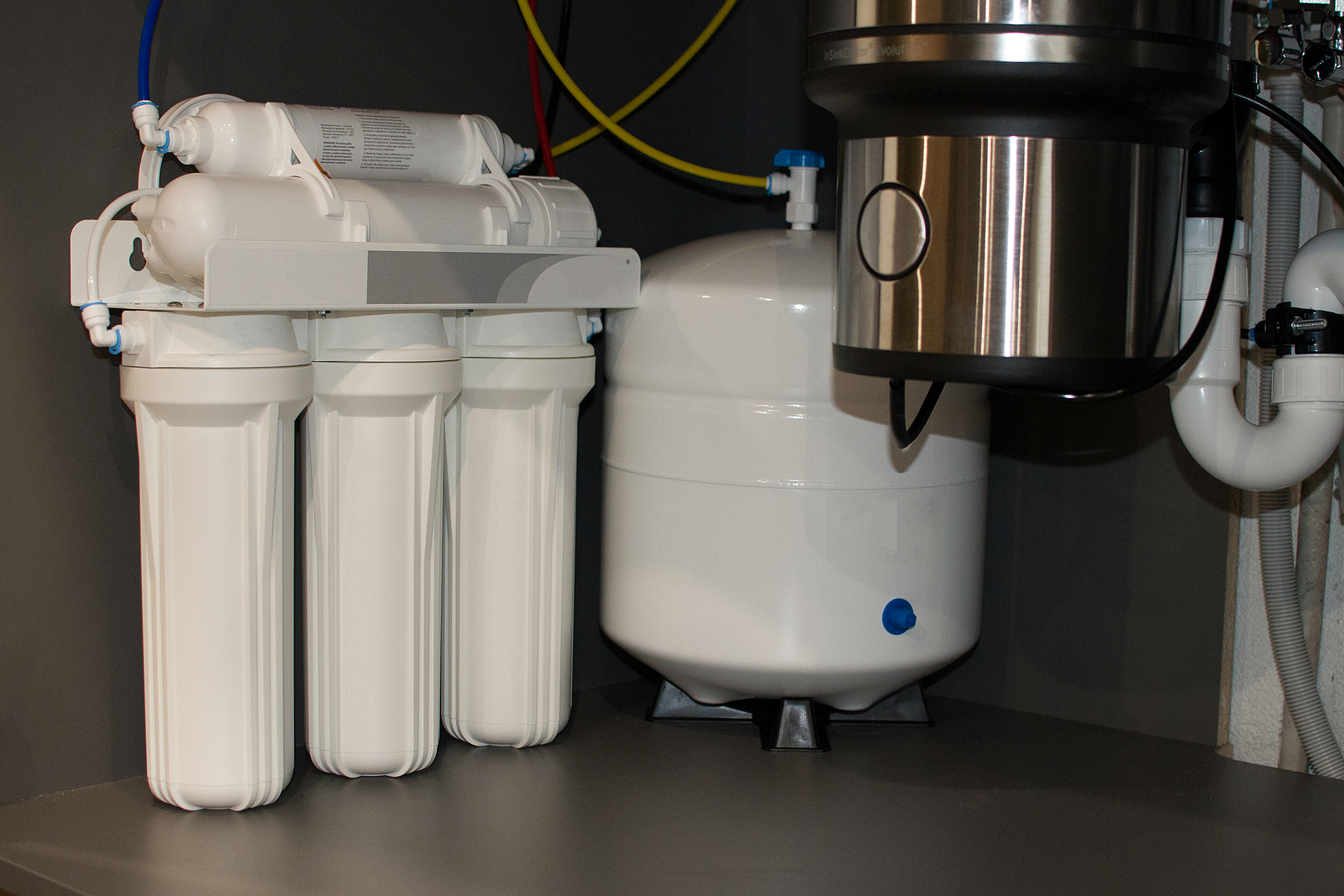
Installing a Water Softener is a essential step for homes dealing with hard water. Water hardness, characterized by elevated mineral content, mainly calcium ions and magnesium ions, can cause several issues, such as scaling in plumbing and devices, lowering their efficiency and lifespan. Installing a water softener can efficiently handle this problem. These units function by replacing the calcium ions and magnesium ions ions in the water with sodium, thereby softening the water. While the process of installation, which involves linking the water softener to your house’s water main line, might seem straightforward, it is suggested to engage a expert to make sure safety and accuracy.
Eastern Water and Health</2>
On the other hand, RO and Treating Water are essential to cleaning water and making it safe for consumption for drinking. Reverse Osmosis is a technique that cleans water by pushing it through semi-permeable membrane filter under high pressure, effectively removing up to 99% of dangerous elements, like salts, bacteria, and pyrogens. Water treatment, a broader term, includes several methods like disinfection, filtering, and distillation, each with its own pros. The choice of methodology depends on the particular needs of of the water source of water and its purpose, underscoring the importance of regularly water testing of water quality.
In the current world, the significance of pure, safe, and softened water can not be overstated. This article will examine three crucial elements of water filtration: Water Softener Setup, Reverse Osmosis, and Water Treatment.
Water Softener Setup
Water softening systems are vital for residences with hard water. Hardened water includes high levels of levels of minerals like calcium and magnesium, which can lead to scaling in pipes and appliances, reducing their effectiveness and life span.
Setting up a water softener is a pragmatic remedy to this challenge. A water softener works by exchanging the calcium ions and magnesium ions in hardened water with sodium ions, efficiently softening the water. The installation process entails connecting the water softener to your home’s water supply line. It’s suggested to hire a professional for the installation to ensure it’s done right and securely.
Reverse Osmosis
RO is one more popular method for filtering water. It functions by forcing water throughout a semi-permeable filter under pressure. This process eliminates up to 99 percent of dissolved salts in water, particles, organics, bacteria, and pyrogens from the water, making it safe for drinking.
RO systems are frequently employed in both of domestic and business settings. They are relatively easy to establish and keep, offering a dependable source of filtered water.
Water Purification
Water treatment is a vast expression that covers various methodologies utilized to render water safer for human use. Besides water softening up and RO, other typical water purification techniques include disinfection (using chlorine treatment or UV light treatment), filtration, and distilling.
Every method has its advantages and is used according to the certain needs of the water source and its intended usage. Regularly testing of water quality is crucial to determine the most efficient purification methodology.
Conclusion
In conclusion, water softening setup, RO, and water purification are all crucial aspects of ensuring access to cleaned, safe, water. By understanding these processes, we can make well-informed decisions about our water use and treatment, contributing to better life and a better earth.
We found this article on May 11, 2024 at 01:51PM at via Top 60 Best Eastern Water and Health
Comments
Post a Comment